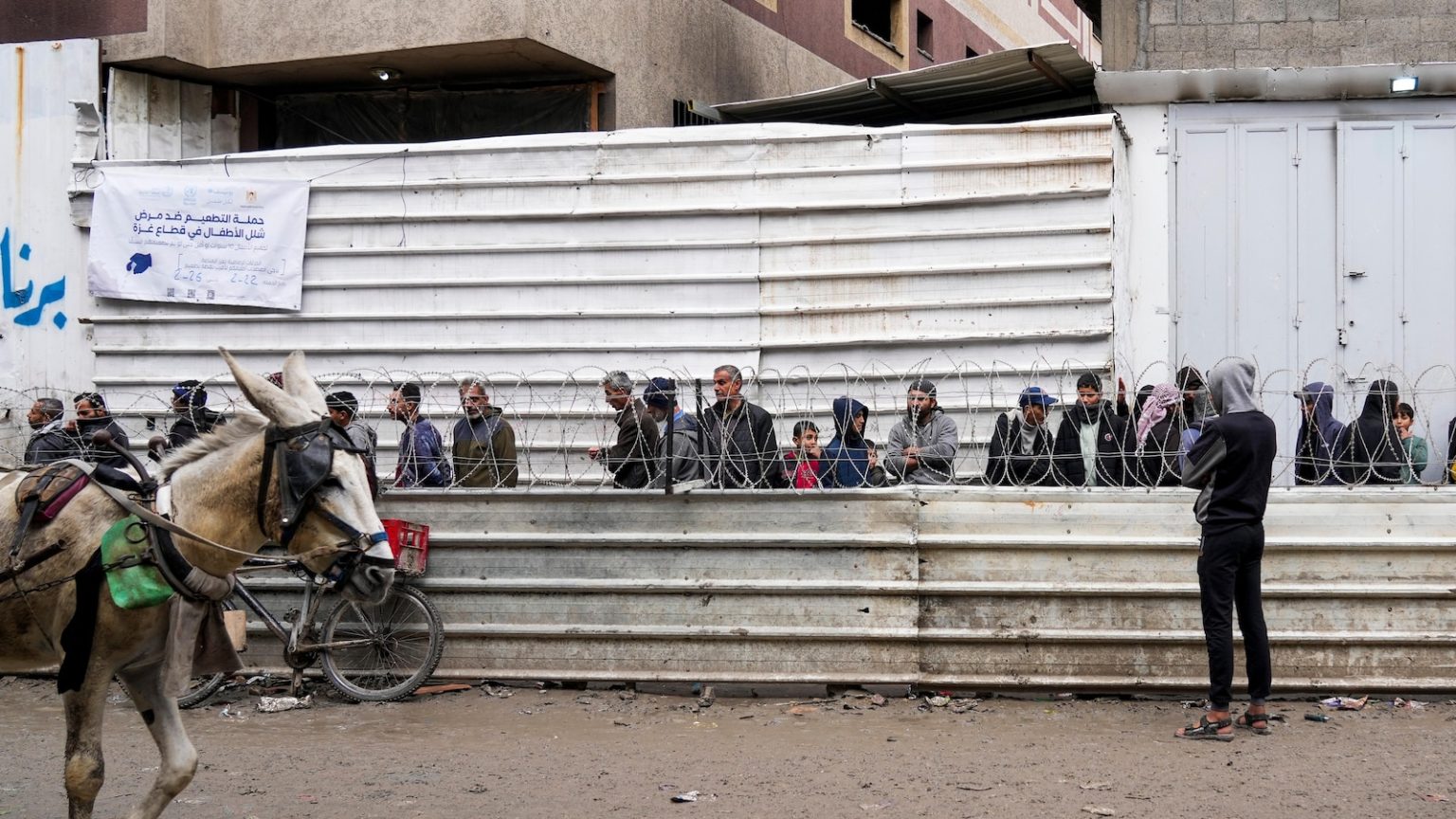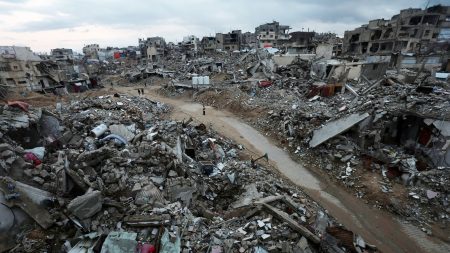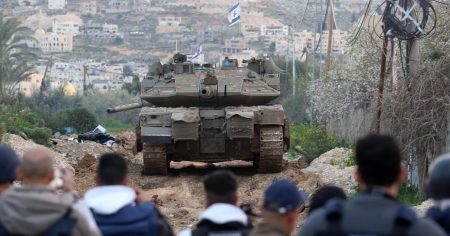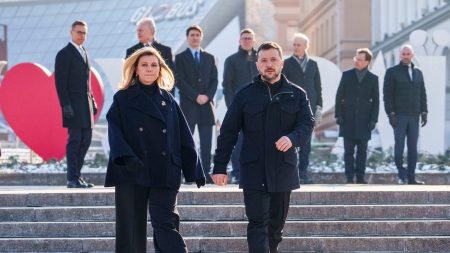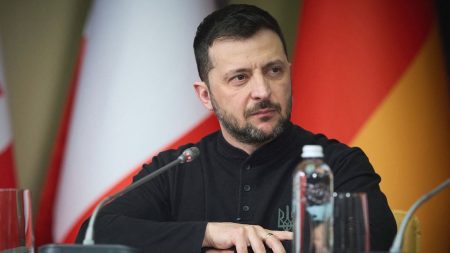Gaza’s Humanitarian Crisis Deepens as Infants Succumb to Hypothermia Amid Ceasefire
The Gaza Strip is grappling with a dire humanitarian crisis as the fragile ceasefire between Israel and Hamas continues. In the past two weeks, at least six infants have died from hypothermia, according to Palestinian medics, as hundreds of thousands of people are forced to live in tent camps and damaged buildings. The harsh winter conditions, with temperatures dropping below 10 degrees Celsius (50 F) at night and storms sweeping in from the Mediterranean, have exacerbated the suffering of the displaced population. Hospitals in Gaza are overwhelmed with cases of frostbite and hypothermia, particularly among the youngest and most vulnerable.
A Desperate Struggle for Survival in Freezing Conditions
Dr. Ahmed al-Farah, head of the pediatric department at Nasser Hospital in Khan Younis, reported the death of a 2-month-old girl due to hypothermia, while two other infants were treated for frostbite. Similarly, Saeed Saleh, of the Patient’s Friends Hospital in Gaza City, confirmed the deaths of five infants under a month old, including a 1-month-old who died on Monday. Zaher al-Wahedi, head of the Gaza Health Ministry’s records department, revealed that 15 children have died from hypothermia this winter. The lack of basic necessities like blankets, warm clothing, and fuel for heating has left families huddled on damp sand or bare concrete, struggling to survive.
Limited Humanitarian Aid and the Ongoing Search for Shelter
Despite the ceasefire allowing a surge in humanitarian aid, particularly food, there are still severe shortages of essential items like blankets and warm clothing. The absence of central electricity and scarce fuel for generators have left families without any means to heat their makeshift shelters. Rosalia Bollen, a spokesperson for the United Nations Children’s Fund (UNICEF), expressed her dismay at the unbearable living conditions, stating, "It’s incredibly cold. I have no clue how people can sleep at night in their makeshift tents." The situation is further complicated by the fact that many families have been forced to return to northern Gaza, where they are settling amid the ruins of their homes.
The Fragile Ceasefire and the Uncertain Road to Recovery
The first phase of the ceasefire is set to end soon, and there are fears that it may not be extended. If fighting resumes, the already limited flow of humanitarian aid could dwindle further, deepening the crisis. Even if the truce holds, the road to recovery in Gaza appears long and uncertain. The World Bank has estimated reconstruction costs at over $50 billion, with the process of clearing rubble alone expected to take years. The destruction is so extensive that many fear normal life may never fully resume.
Blame and Recrimination Complicate the Humanitarian Response
The conflict over responsibility for the crisis continues to escalate, with Israel and Hamas trading accusations. Israel blames Hamas for the destruction, alleging that the militant group positioned military infrastructure in residential areas, leading to civilian casualties. For its part, Hamas accuses Israel of violating the ceasefire by delaying the entry of mobile homes and tents, a charge Israel denies. Meanwhile, tensions remain high over the fate of hostages taken by Hamas during its October 7 attack, which killed over 1,200 people, mostly civilians. Israel has retaliated by halting the release of Palestinian prisoners, citing Hamas’ public displays of hostages as a provocation.
The Toll of War and the Long Road to Rebuilding
The human cost of the conflict has been devastating, with over 48,000 Palestinians killed in Israeli airstrikes and ground operations, according to Gaza’s Health Ministry. Israel claims to have killed over 17,000 fighters but has not provided evidence to support this figure. As the situation remains precarious, the international community is urging both sides to prioritize the protection of civilians and ensure the delivery of urgent humanitarian aid. The people of Gaza, caught in the crossfire, continue to endure unimaginable suffering, their future hanging precariously in the balance. The world watches as this tiny coastal territory struggles to survive, its resilience tested by war, cold, and neglect.





